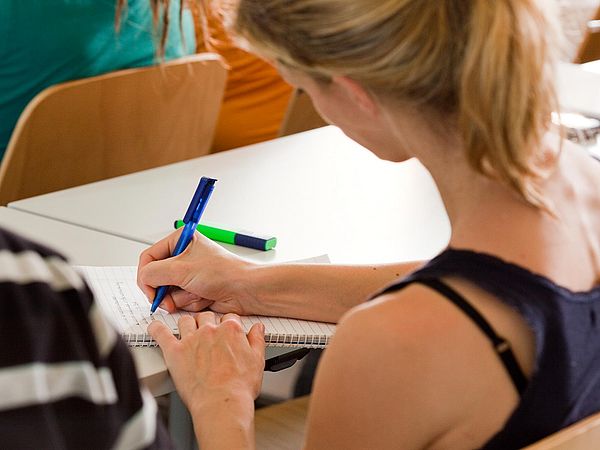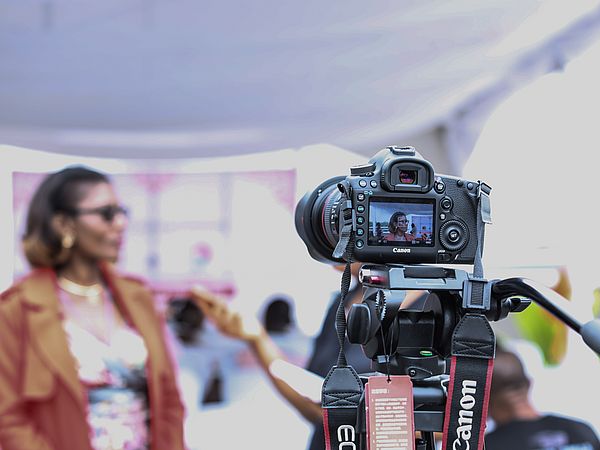Master Transcultrual Studies
What do we learn and teach in the Mats?
A MATS degree in Anthropology and Cultural Research prepares students for life and work in a world characterized by increasingly complex and demanding social and cultural dynamics in diverse and often contested locations. With this in mind, the Mats trains you in three broadly transferable skills:
(1) understanding and analyzing diversity and the politics of difference
(2) building research skills for collecting and making sense of complex data
(3) effective communication, both public-facing and academic
Understanding Human Diversity
Our discipline does not view difference as a problem to be overcome or as something self-evident, but as a key characteristic of social life. Understanding the multiple ways in which differences exist, how they are produced and reproduced in society and how heavily entangled they are, is a crucial part of our teaching.
Our students are thus introduced into a way of analyzing the social world that approaches the question of diversity through concerns with power, history, and struggle. This includes engaging critically with the concept of culture. We do not understand “culture” as a coherent whole or homogenous thing that people „have,“ but as a process whereby cultural difference emerges out of complex encounters, negotiations, translations, and recombinations. This happens within specific economic and political contexts and at the tail end of global colonial histories. We thus also work against societal trends where differences get stabilized, reified, and misused for political, often exclusionary purposes.

Research Skills for Collecting and Understanding Information
Our students gain a firm understanding of qualitative research and analytical methods, all of which allow them to collect and interpret data and to relate them to larger contexts.
Our training strengthens students’ ability to understand social life in terms of complex and interrelated systems rather than just individual parts. We further train our students in (1) situated and grounded analysis and self-reflection. Here, we understand all knowledge, including our own, as positioned - that is to say, relative to the locations from which we speak; (2) comparison, i.e. that it is precisely the analysis of the differences between societies and ways of life that help us make sense of our own; and (3) collaborative work that allows us to approach research problems from multiple vantage points, and that bridges divisions between researcher and researched, theory and practice, academia and the world outside of it.

Effective Communication
Our MA also fosters written, spoken, as well as multimodal communication skills.
Compelling and convincing communication relies on clear argumentation and visualization, as well as on a good knowledge of whom we want to address. Since we engage with a wide range of interlocutors, most of whom are outside of academic, we work with various more-than-textual approaches which the department has specialized in for a long time (in particular, visual media such as film, pod-casting, and digital forms of representation).

In short, our MA degree equips students with a variety of skills, whether the ultimate goal is to continue with research or to gain employment in various fields outside academia.
Knowledge of and productive approaches to cultural diversity, the ability to gather and analyze information, and strong communication skills make our graduates competitive candidates in today’s job market and engaged citizens of a rapidly changing world.
Transdisciplinary Collaboration
MATS is based on a cooperation between the Faculty of Cultural Sciences (FB 9) and the Faculty of Language and Literature Studies (FB 10). Central departments are the Institute of Anthropology and Cultural Research and the Institute of Religious Studies, with further involvement from professors in the field of Romance Studies at FB 10.
Prof. Dr. Gritt Klinkhammer, FB 9
Prof. Dr. Michi Knecht, FB 9
Prof. Dr. Kerstin Radde-Antweiler, FB 9
Prof. Dr. Yan Suarsana, FB 9
Prof. Andrea Mühlebach, FB 9
Prof. Tyler Zoanni, FB 9
The following research institutes support the work of MATS:
Contact: Dr. Margrit Kaufmann
